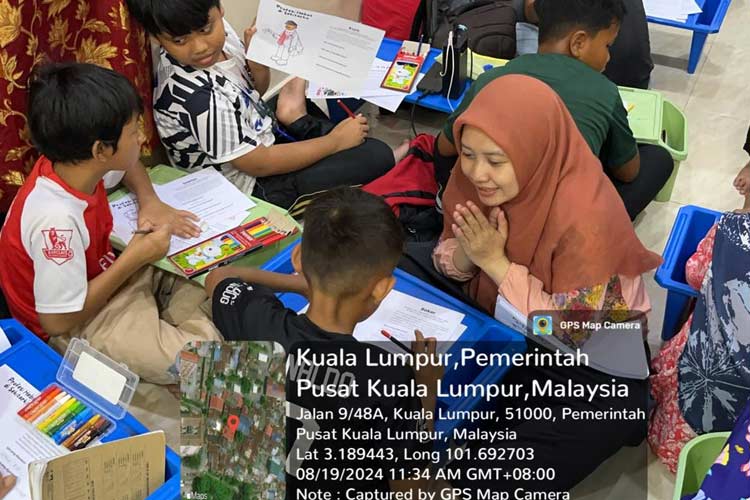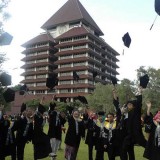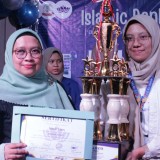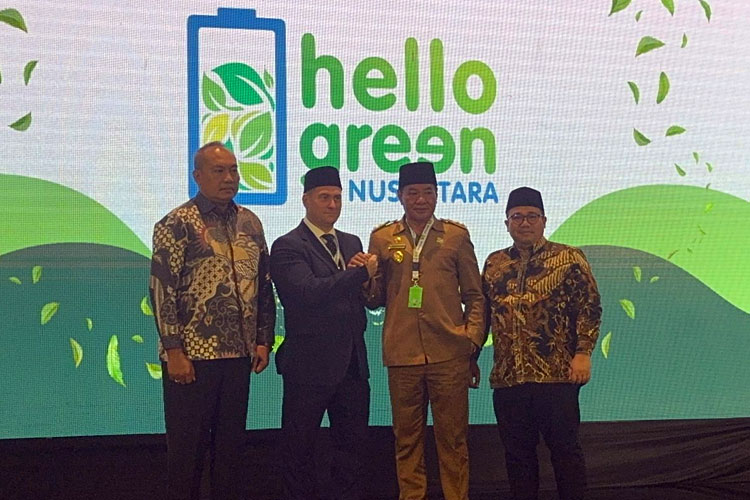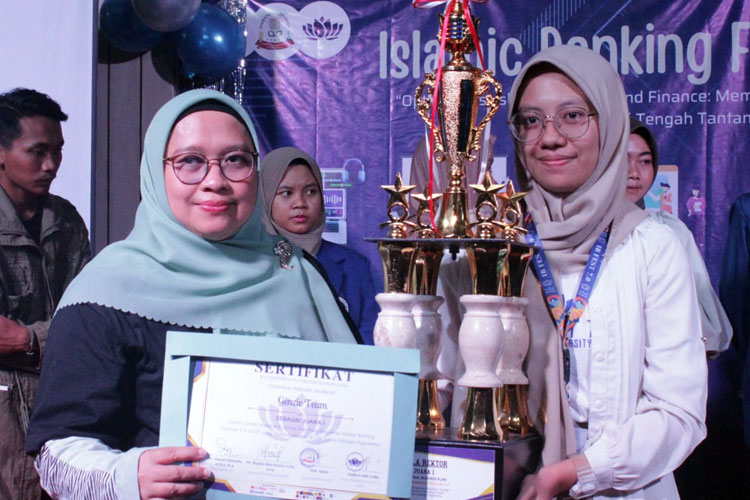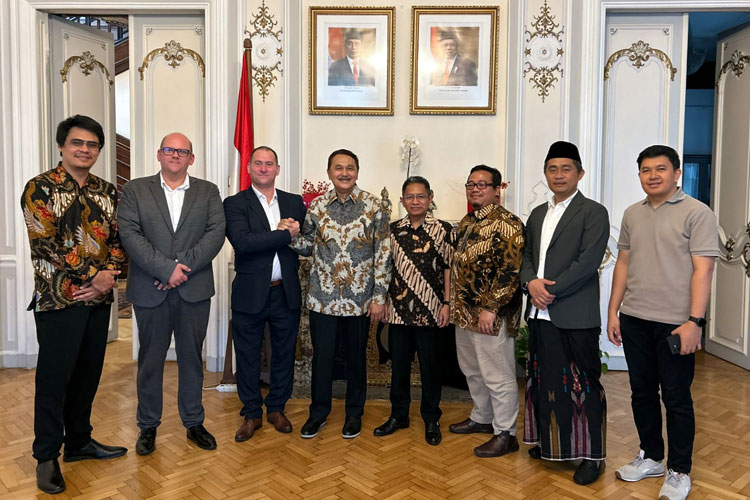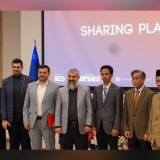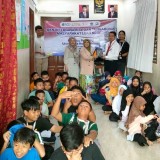TIMES MALAYSIA, MALAYSIA – Access to education for the children of Indonesian Migrant Workers (PMI) remains a critical issue, with the Indonesian government working tirelessly to ensure these children receive the same educational rights as their peers.
In Malaysia, Community Learning Centers (CLC) have made significant efforts to provide this much-needed education. However, limitations persist, hindering the full implementation of quality education.
One of the significant challenges these children face due to limited access to education is a lack of career literacy, meaning they have minimal exposure to the diverse professions available in society.
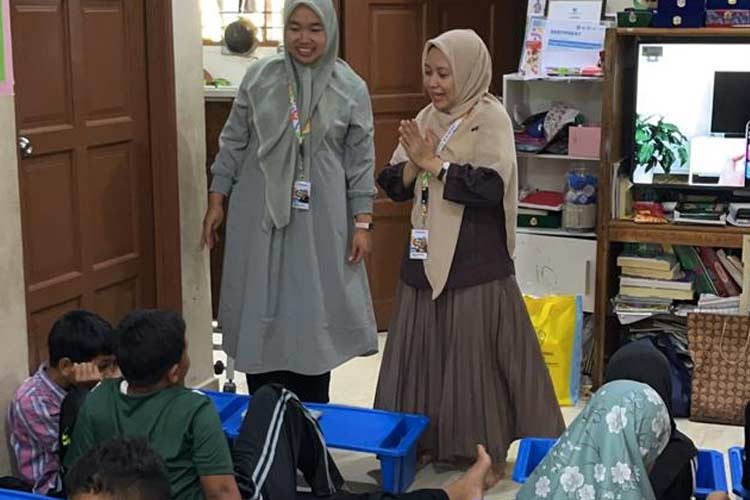
This can lead to a lack of motivation or confidence in exploring various career paths, potentially impacting their future prospects.
Addressing this issue, the Faculty of Psychology from Universitas Negeri Malang (UM) has taken a proactive approach.
Their community service team introduced a psychoeducation program designed to enhance career literacy among the children of migrant workers at Sanggar Bimbingan Sentul in Malaysia. The initiative aims to help these children explore professional options and career possibilities, empowering them to set and pursue their goals.
Psychoeducation: A Key Tool for Career Development
Psychoeducation combines psychological principles with education to help individuals better understand and manage emotional or psychological challenges. In this context, psychoeducation focuses on broadening children's awareness of various career paths, thereby fostering inspiration and motivation for their future.
Jati Fatmawiyati, the head of the community service team, explained the importance of this initiative.
“Psychoeducation on career introduction aims to help children understand the wide array of professions available and ignite their motivation to pursue their dreams. We hope this will better equip them to prepare for their future careers.”
Entrepreneurship as a Gateway to Empowerment
The program goes beyond traditional career paths, also introducing children to the world of entrepreneurship in a fun and interactive way. Retno Sulistiyaningsih, a lecturer at UM’s Faculty of Psychology, highlighted this approach.
"We encourage children to learn about entrepreneurship by making snacks they can sell to local residents. Through this hands-on experience, they see how creativity can generate economic value and create entrepreneurial opportunities.”
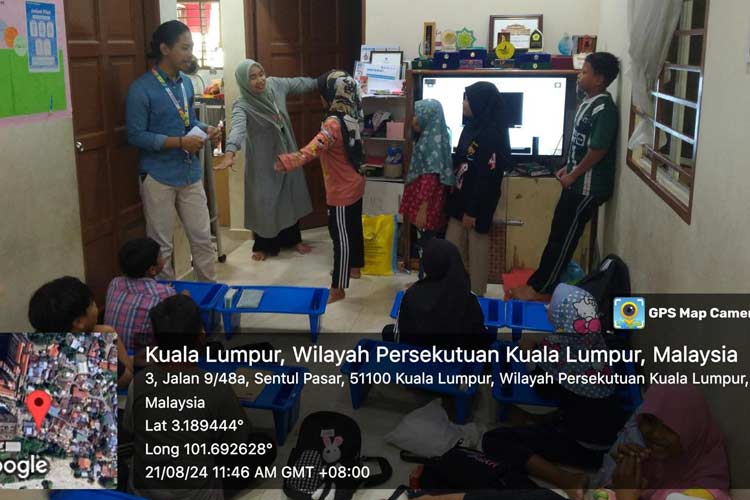
By directly engaging in practical activities, children gain a better understanding of how skills and creativity can lead to financial independence and career success.
Fostering Future Career Success
Through this comprehensive psychoeducation approach, the program provides essential psychological and emotional support, helping children overcome career-related anxieties and uncertainties. As Ninik Setiyowati, another member of the team, explained,
“This program enhances children's understanding of the world of work, assists in early career planning, and helps them align their skills with their career preferences.”
The long-term goal of this psychoeducation initiative is to equip these children with the tools they need to thrive in the workforce, breaking the cycle of limited career opportunities that many children of migrant workers face. By expanding their horizons and building their confidence, the program plays a crucial role in helping these children reach their full potential.
This effort underscores the importance of providing targeted educational programs that not only educate but also inspire. Through psychoeducation, the children of Indonesian migrant workers can overcome the barriers they face and achieve success in the careers of their choice.(*)
Artikel ini sebelumnya sudah tayang di TIMES Indonesia dengan judul: Psychoeducation Program Empowers Children of Indonesian Migrant Workers in Malaysia
| Writer | : Tria Adha |
| Editor | : Imadudin Muhammad |
